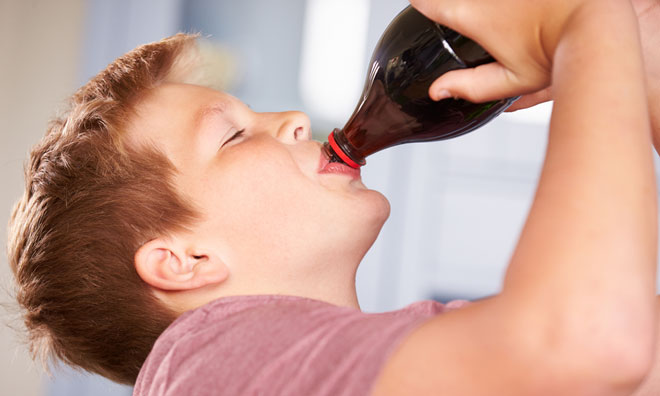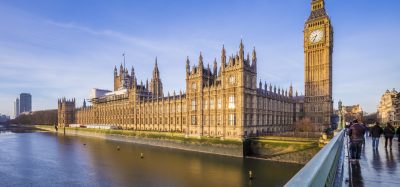Shoppers ‘hugely misunderstand’ sugar tax
- Like
- Digg
- Del
- Tumblr
- VKontakte
- Buffer
- Love This
- Odnoklassniki
- Meneame
- Blogger
- Amazon
- Yahoo Mail
- Gmail
- AOL
- Newsvine
- HackerNews
- Evernote
- MySpace
- Mail.ru
- Viadeo
- Line
- Comments
- Yummly
- SMS
- Viber
- Telegram
- Subscribe
- Skype
- Facebook Messenger
- Kakao
- LiveJournal
- Yammer
- Edgar
- Fintel
- Mix
- Instapaper
- Copy Link
Posted: 5 May 2017 | New Food, Nielsen | No comments yet
Many consumers are unaware of the economic, health and precise implications of the sugar tax.


Although nearly eight in 10 shoppers are aware of a potential new sugar tax, the vast majority incorrectly think it applies to far more products than just soft drinks, which may impact how much people buy of other goods, according to retail experts Nielsen.
Not one respondent surveyed correctly identified the tax only applies to sugary soft drinks.
Two-thirds incorrectly think it applies to sweets/sugared confectionery, 59% mistakenly cited chocolate and similar numbers did for biscuits (57%) and cakes (56%). Overall, the average person believes it applies to at least four product categories, while 28% don’t think it applies to soft drinks – the category it’s solely meant for.
“Currently, there’s a huge misunderstanding about what products the sugar tax affects, so when it comes in, the government, manufacturers and retailers have an enormous education job on their hands to avoid unforeseen consequences beyond fizzy drinks,” says Sophie Jones, senior shopper analytics consultant at Nielsen.
“Most notably, in high-sugar categories where shoppers incorrectly think prices have gone up or, indeed, any other category where people may offset the higher price of fizzy drinks by buying less of other things.”
How will the tax affect consumption?
In terms of how a tax on soft drinks would affect people’s behaviour, 47% said it wouldn’t have any effect and 11% would simply switch to cheaper brands. However, 23% said they would buy less soft drinks and 13% would stop buying them. Fourteen percent would spend less in other categories to off-set higher soft drink costs.
Consequently, Jones notes that “only 36% of people would do what the tax is aimed at – cutting down on sugary soft drinks.”
The tax is more likely to affect younger soft drink consumers: 41% of 18-34 year olds say they’ll buy less or stop buying soft drinks, compared to 35% of 35-54s and 32% of people 55+.
“Brands who target younger people clearly have the most to lose from the tax so they’ll have to work much harder to keep these consumers, such as offering low-calorie variants,” said Jones.
A slight majority (54%) believe the tax will help fight obesity – with 18% thinking it should go further than just sugary soft drinks – while 46% don’t believe it will help.







